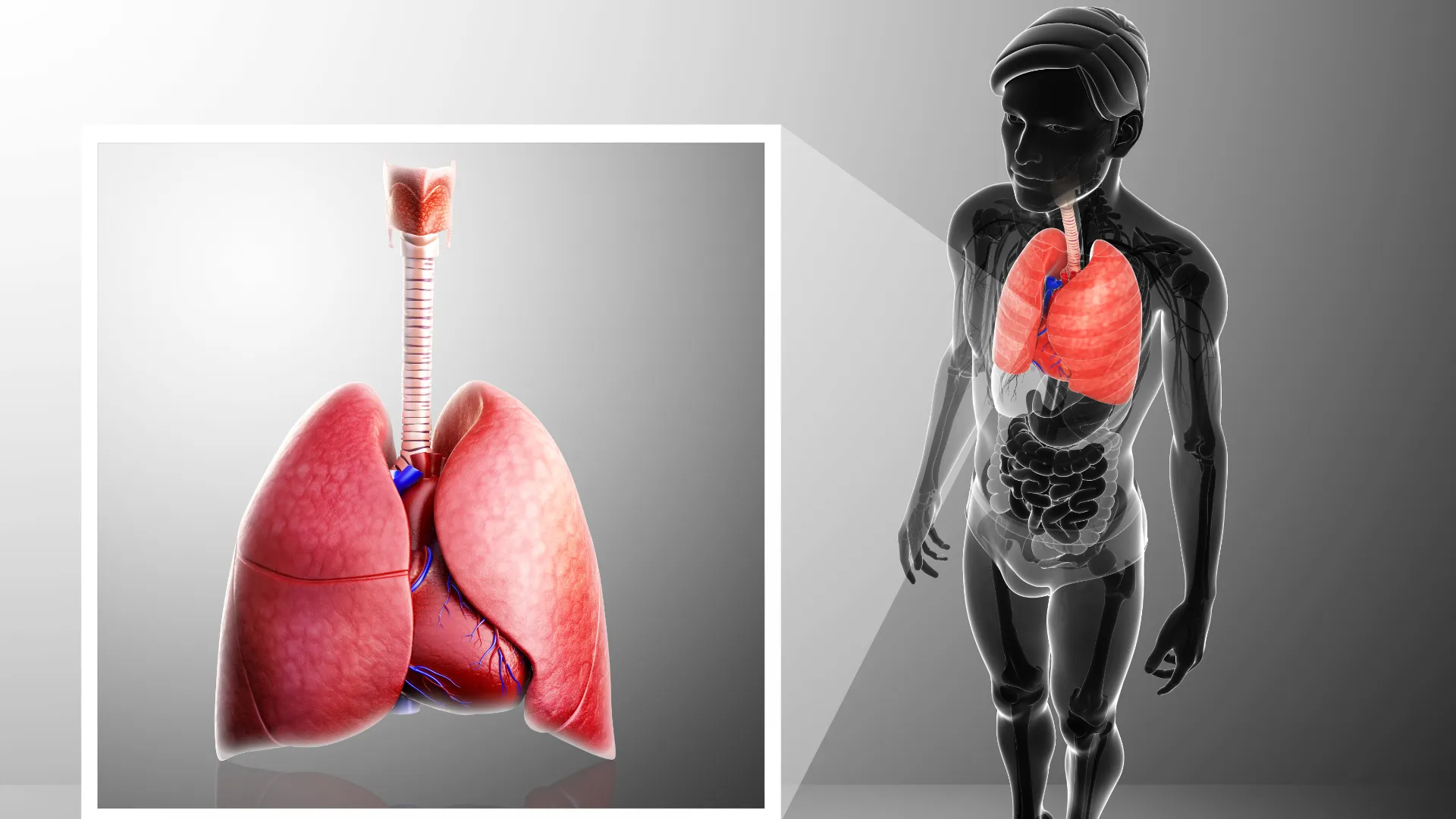The SMART protocol stands for “Surgery for Mesothelioma After Radiation Therapy.” It’s a multimodal treatment approach designed for patients diagnosed with pleural mesothelioma, a type of cancer that affects the lining of the lungs and chest cavity, often caused by exposure to asbestos.
This protocol aims to combine different treatment modalities in a strategic sequence to optimize the outcomes for patients with mesothelioma. The typical elements of the SMART protocol include:
- Surgery: The protocol involves an aggressive surgical approach, often involving extrapleural pneumonectomy (EPP) or pleurectomy/decortication (P/D). EPP involves removing the affected lung, the lining around it (pleura), part of the diaphragm, and the lining of the heart, while P/D involves removing the pleura and any visible tumor masses while sparing the lung.
- Radiation Therapy: Prior to surgery, patients undergo high-dose radiation therapy to the affected area. The purpose of radiation therapy before surgery is to shrink the tumor, potentially making it easier to remove during surgery while also targeting any remaining cancer cells.
- Chemotherapy: After surgery, patients often undergo systemic chemotherapy. Chemotherapy drugs are administered to destroy any remaining cancer cells that may have spread beyond the surgical site.
The SMART protocol aims to offer a comprehensive treatment strategy by combining these three modalities—surgery, radiation therapy, and chemotherapy—in a specific sequence to maximize the chances of controlling the disease and improving patient outcomes. However, it’s essential to note that not all patients with mesothelioma are candidates for this aggressive multimodal approach. The decision to pursue this protocol depends on various factors such as the stage of the disease, the patient’s overall health, and individualized treatment plans based on the recommendations of a multidisciplinary team of oncologists, surgeons, and other specialists.
Advancements in cancer research continue to refine treatment protocols like SMART, aiming to improve survival rates and quality of life for individuals diagnosed with pleural mesothelioma.
